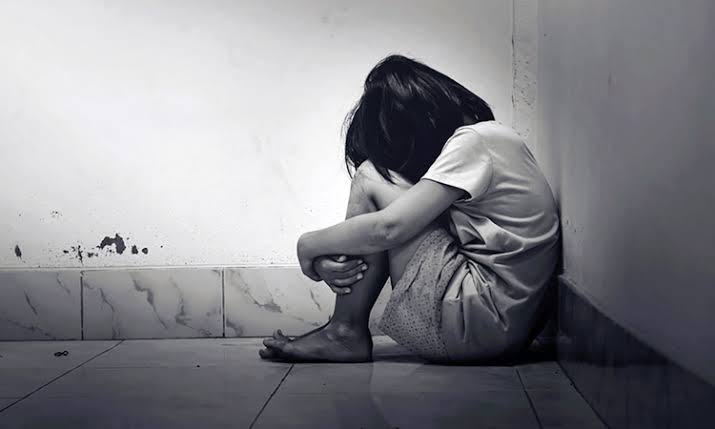An Investigating Police Officer, Insp Oluchukwu Otiono told an FCT High Court, Kubwa that a 23-year-old man, Prosper Iloh confessed to defiling his 15-year-old neighbour’s daughter.
The police charged Iloh with one count of rape.
Otiono attached to the Criminal Investigation Department (CID), FCT Command, made the allegation while being cross examined by the Prosecution Counsel, Adama Musa.
According to him, the defendant’s statement was recorded in the presence of his father, brother inlaw and the Non-governmental organisation, Dorathy Njemanze Foundation.
“I recorded the statement and the medical report is attached to the proof of evidence.
The victim was taken to Garki hospital by the NGO whom reported the case.
“I applied for the medical report at the said hospital and it was given, ” Otiono said.
While the defendant’s statement and medical report was tendered in court, the defence counsel Celestine Mbam-Okeh told the court that he was not objecting to the admisibility of the statement by the court.
Mbam-Okeh however told the court that after the proof of evidence was served on him, the defendant denied making the said statement or signing it.
While cross-examining the witness, the defence counsel asked when the incident happened and where.
He further asked if the IPO was aware that the mother of the victim gave two different date of births for her daughter.
The IPO in response said that the incident occurred on July 12, 2020 at the defendant’s friend’s house.
He further told the court that in the course of investigation, the victim’s mother gave one date of birth to him which was September 2006.
Justice Kezziah Ogbonnaya however adjourned the matter until May 5 for continuation of hearing.
The News Agency of Nigeria(NAN) reports that the police alleged that the defendant unlawfully had sexual intercourse with the victim at Dei-dei Dakwa, Abuja on July 12, 2020.
The prosecution counsel said the offence contravened the provisions of section 31(1) of the Child Rights Act.
